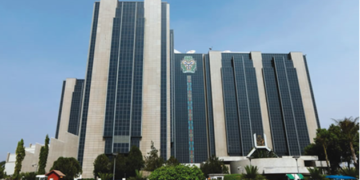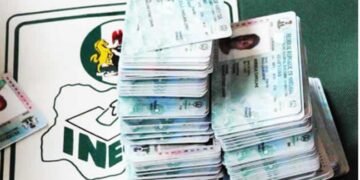The International Monetary Fund (IMF) Executive Board today on Thursday, approved additional emergency funding of US$111.06 million to help Rwanda finance COVID19 health and economic efforts. This follows an earlier approval of US$109.4 million in April.
The IMF approved the disbursement under the Rapid Credit Facility (RCF) bringing the total IMF COVID-19 emergency support to Rwanda to US$ 220.46 million.
Rwanda’s economy has been severely impacted by the COVID-19 pandemic with weaker domestic demand, losses of revenue, and a sharp decline in exports and remittances.
The additional resources under the RCF will help alleviate pressing financing needs, including for health, social protection, and supporting the most impacted sectors and vulnerable groups.
This approval follows the Executive Board’s decision on April 9, 2020 to double the annual access limit under the RCF to 100 percent of quota and bring the total IMF COVID-19 support to Rwanda to $ 220.46 million.
IMF under it’s emergency financing, has approved total of $9.978 billion dollars for 28 Sub-Saharan African countries including Nigeria ($3.4 billion), Ghana ($1 billion), Ethiopia ($411 million), Uganda ($491.5 million).
Read more; IMF approves $3.4 billion for Nigeria
Rwanda’s economic outlook has worsened since the approval of the first RCF request on April 2, 2020, leading to a further downward revision in the 2020 GDP growth forecast from 5.1 to 2.0 percent due to deepening of the COVID-19 impact.
The unprecedented spending needs generated by the pandemic, combined with losses of revenues, are putting significant pressures on public finances and compounding the impact of sharp declines of exports and remittances on the balance of payments.
Mr. Tao Zhang, Deputy Managing Director and Acting Chair, in a statement said “once the crisis abates, it will be critical to adopt a credible fiscal adjustment path to maintain debt sustainability in the medium-term and preserve Rwanda’s development gains over the last two decades.”
A gradual easing of lockdown measures was introduced in Rwanda on May 4, with selected businesses allowed to resume operations while adhering to health guidelines.
Domestic movement restrictions were partially relaxed but strict physical distancing measures mandated in public buses. Borders, schools, places of worship, recreation centers and bars remain closed.
Read also; UK Economy Shrinks by Record 20.4% in April
On June 2, inter-provincial travel restrictions were lifted and motorcycle taxis permitted to resume transportation of passengers, except for two districts with a recent spike of infections.
Rwanda Fiscal Policy responses for the pandemic as at 3 June is to provide support to vulnerable households in the form of a food distribution program (door-to-door provision of basic food stuffs every three days), cash transfers to casual workers, subsidized access to agricultural inputs, and measures to ensure poor households’ access to basic health and education.
The government is also preparing to launch a fund to support affected businesses through subsidized loans from commercial banks and MFIs, and credit guarantees. It is expected to target SMEs and hard-hit sectors such as the hospitality industry.
Tax deferral and relief measures include the following:
- Suspension of down payments on outstanding tax for amicable settlement
- Softening of enforcement for tax arrears collection,
- Extension of the deadline for filing and paying CIT
- Fast-tracking of VAT refunds to SMEs, (v) CIT and PIT payments based on current year transactions
- PIT exemption for private school teachers and tourism and hotel employees earning less than RWF 150,000/month
- VAT exemption for locally produced masks.
Read further; Oil Prices Fall as Investors Fear Second Wave of Infection
The 30-day maturity period for the public health insurance scheme premium was removed to expedite access to medical services and the salaries of top civil servants for the month of April was redirected to welfare programs.
Written by;
Ifunanya Ikueze





















































